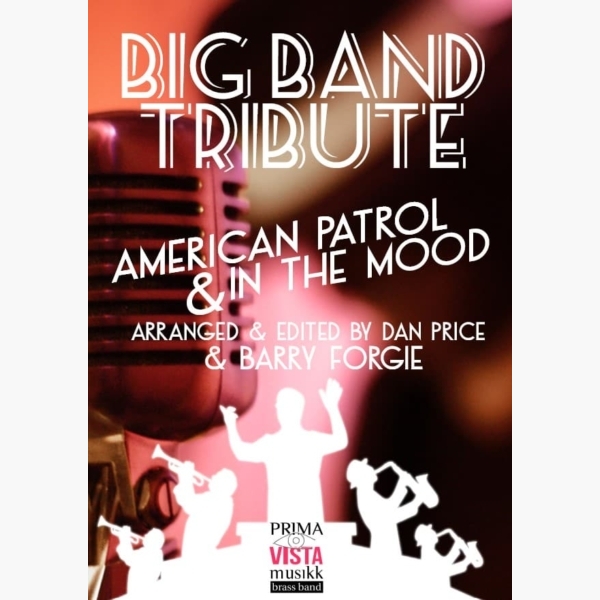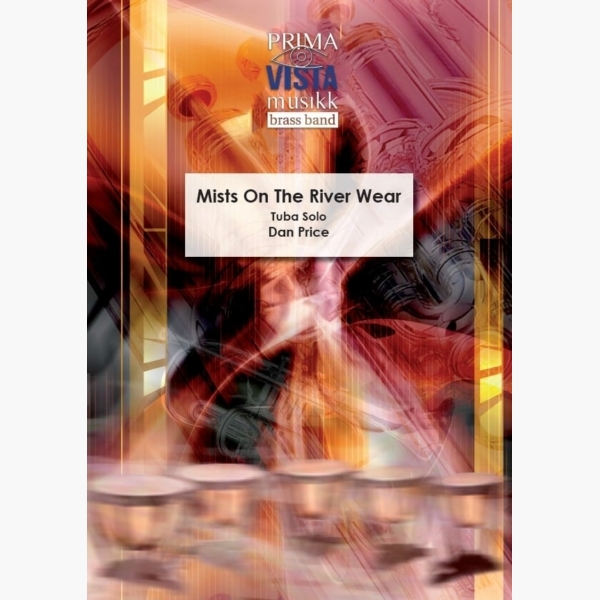We've found 160 matches for your search. Order by
Results
-
 £34.95
£34.95Big Band Tribute - Frank Meacham & Joseph Garland - Arranged & Edited Dan Price & Barry Forgie
American Patrol started life as a march by American composer and arranger Frank White Meacham in 1885. However, Jerry Gray introduced it into the big band repertoire when he arranged the march for Glenn Miller's swing band in 1941. In...
Estimated dispatch 5-7 working days
-
 £24.95
£24.95Mists on the River Wear - Dan Price
Mists On The River Wear is a 'song and dance' for solo tuba. It was commissioned in 2010 by the Black Dyke Band's solo Eb Bass player and international tuba star Joseph Cook. The Song The work opens with unaccompanied...
Estimated dispatch 5-7 working days
-
£59.95
DONG WITH A LUMINOUS NOSE, The (Symphonic poem for band and percussion) (Brass Band Set) - Joseph Horovitz
Estimated dispatch 7-14 working days
-
£59.95
BALLET FOR BAND (Brass Band Set) - Joseph Horovitz
Estimated dispatch 7-14 working days
-
 £61.99
£61.99(Meet) The Flintstones - William Hanna, Joseph Barbera & Hoyt Curtin - Jan van Kraeydonck
Estimated dispatch 7-14 working days
-
 £61.99
£61.99 -
 £61.99
£61.99Haydn's Surprise Party! - Joseph Haydn - Johny Ocean
Estimated dispatch 7-14 working days
-
 £61.99
£61.99March Of The Smurfs - William Hanna, Joseph Barbera & Hoyt Curtin - Frank Bernaerts
Estimated dispatch 7-14 working days
-
 £61.99
£61.99Silent Night - Joseph Mohr & Franz Gruber - Jan van Kraeydonck
Estimated dispatch 7-14 working days
-
 £59.70
£59.70
